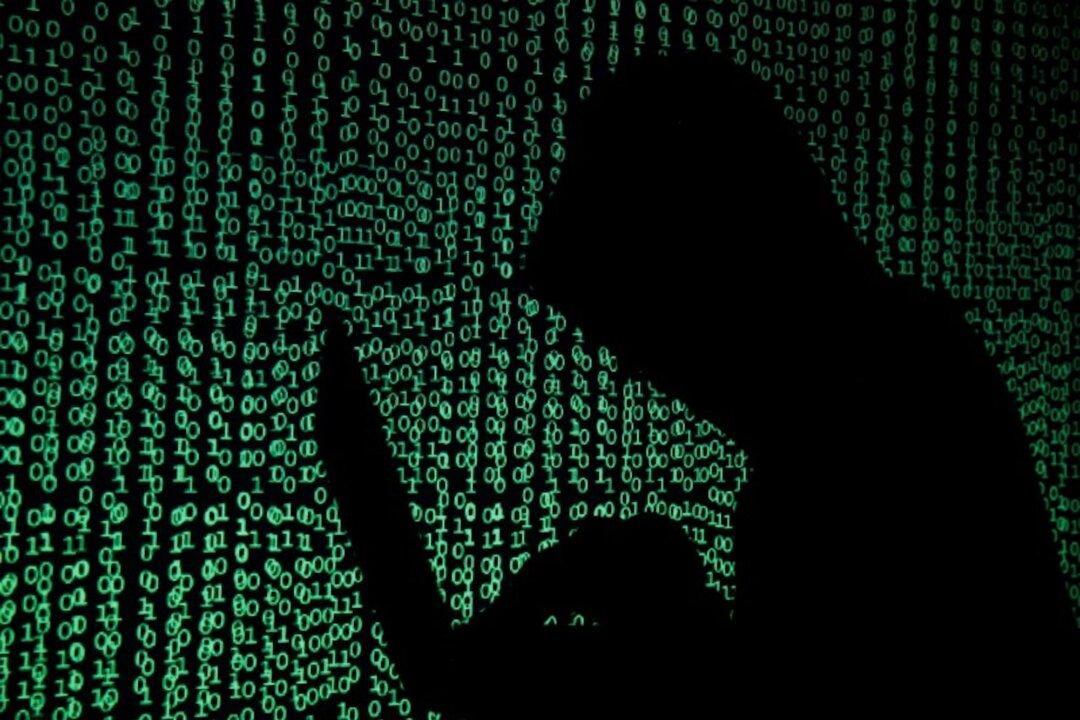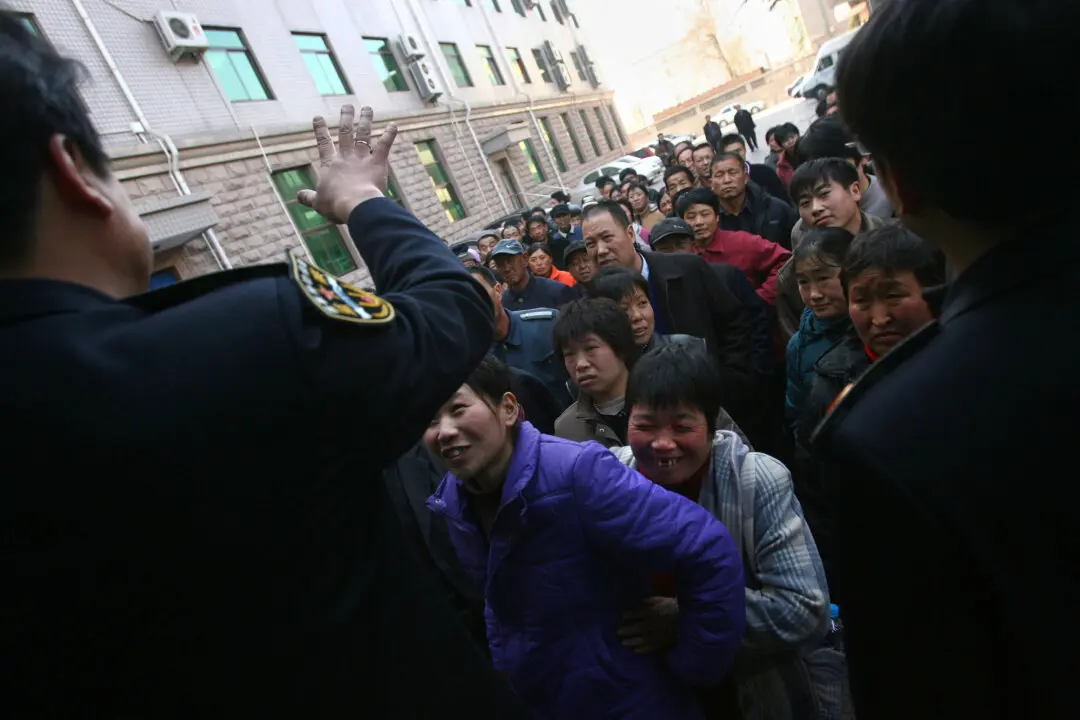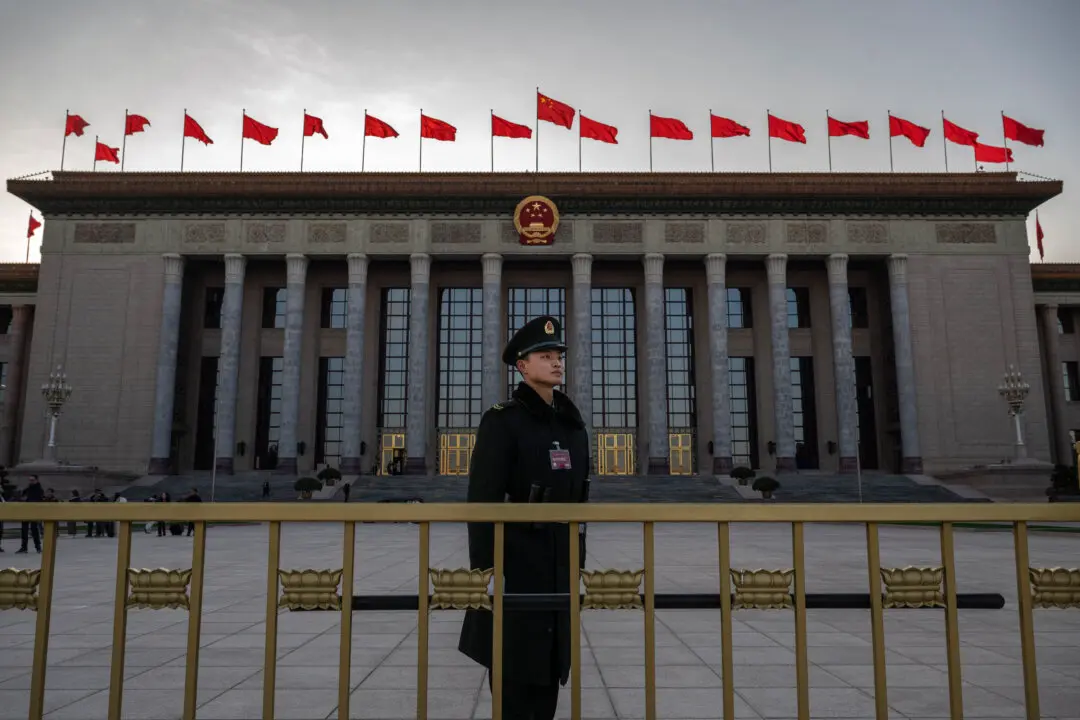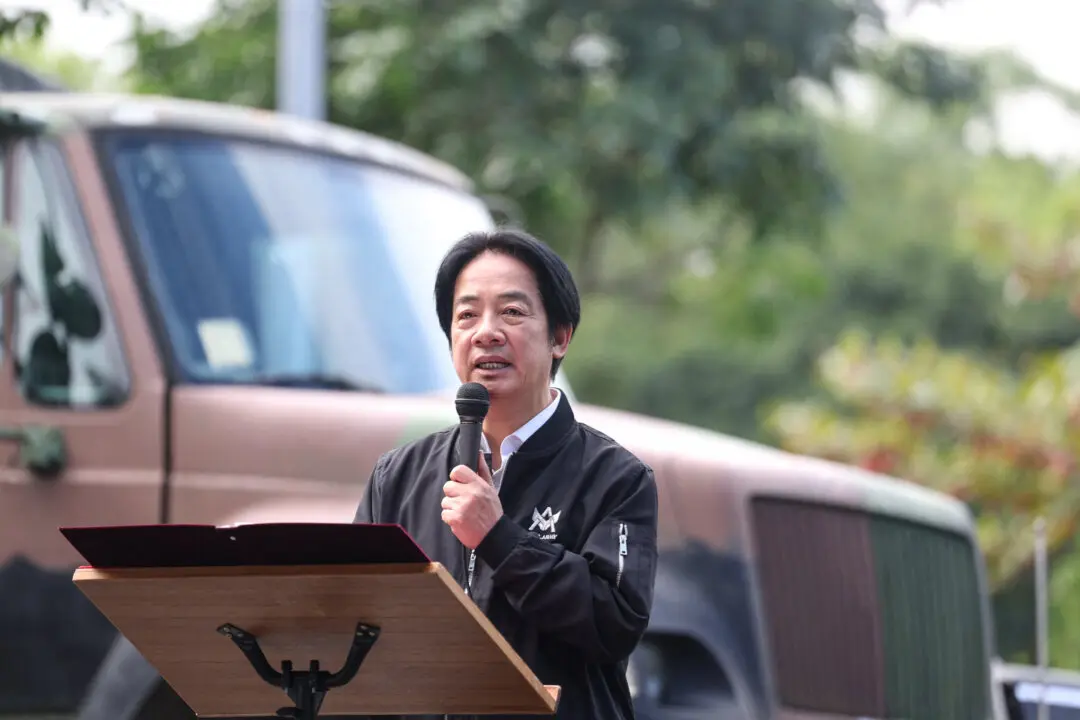News Analysis
Chinese cyberattacks on Japan’s defense, aerospace, and advanced technology sectors are increasing at an alarming rate, indicating what experts refer to as a broader strategy to undermine the technological and military strengths of democratic nations, particularly the United States.





